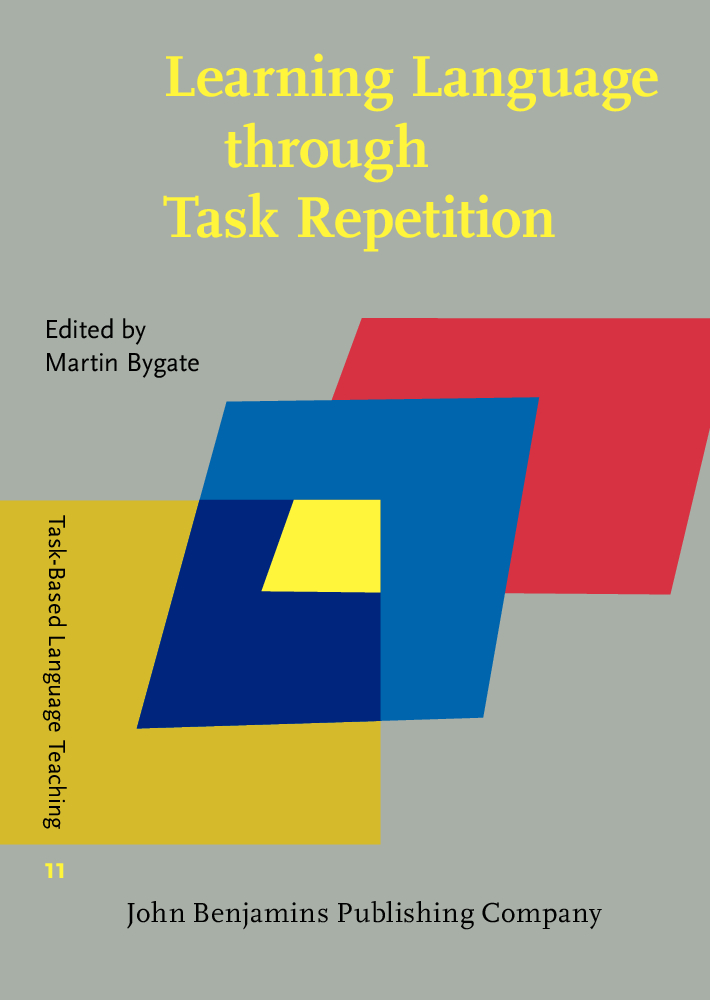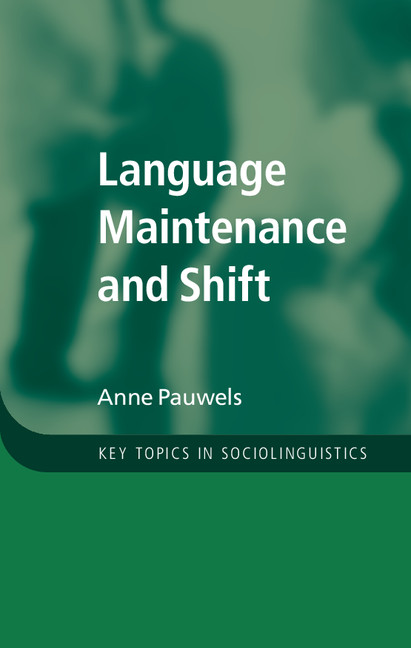Learning Language through Task Repetition
by Martin Bygate
2020-09-03 22:44:41
Learning Language through Task Repetition
by Martin Bygate
2020-09-03 22:44:41
This chapter recommends a different understanding of task “repetition” from the perspective of Complex Dynamic Systems Theory (CDST). It suggests that a better term than “repetition” is “iteration”. While substitut...
Read more
This chapter recommends a different understanding of task “repetition” from the perspective of Complex Dynamic Systems Theory (CDST). It suggests that a better term than “repetition” is “iteration”. While substituting one term for another might seem to be purely an academic exercise, doing so actually has important implications for researchers and teachers. For one, it is an acknowledgement of the common observation that learners’ performance on tasks will never be the same from one iteration to the next. In addition, it maintains that useful language pedagogy should build learners’ capacity to make meaning beyond their exploiting conventional uses of language to which learners have already been exposed. Further to this point, iteration instead of repetition is consistent with the CDST position that learning is not limited to reproduction. Through iteration, learners receive practice in adapting their language resources to mutable temporal and spatial contexts, and they construct their own learning paths. Also, the chapter problematizes the notion of transfer of learning, conceiving of it as transformation rather than transfer, and it addresses issues of measurement and nonlinearity. Finally, calling it task iteration honors the agency and uniqueness of learners and the construal that they give to the task at hand. As such, it calls for researchers to adopt a more emic perspective.
Less
























.jpg)



